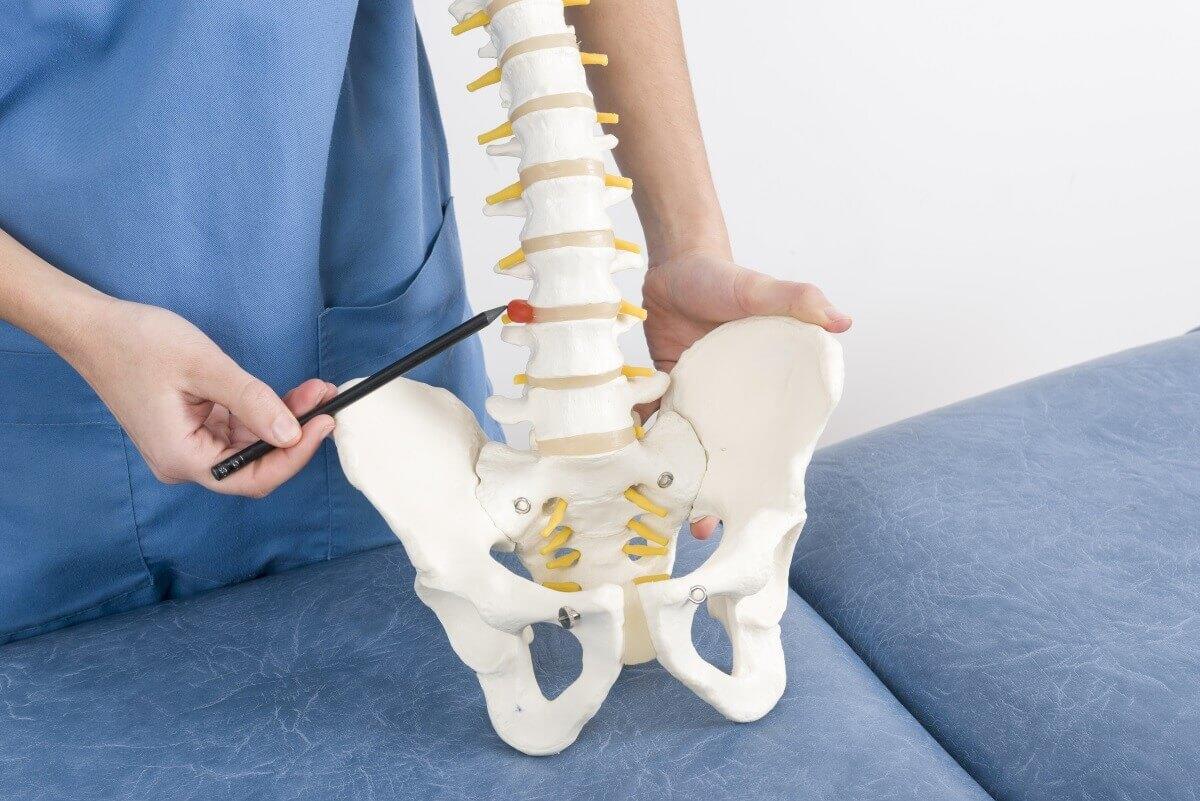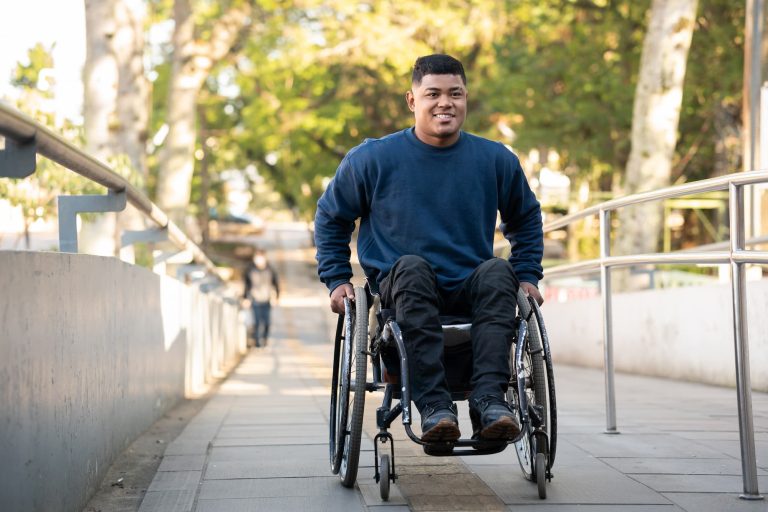
Herniated discs occur when part of the nucleus is pushed out through the tear or rupture in your spinal annulus. This can happen in any part of your spine resulting in weakness, numbness, and pain in your leg and arm. Most people don’t experience any symptoms from the herniated disc, says William I Yancey, MD, an interventional pain specialist in Houston. In most cases, patients don’t need surgery to relieve this problem.
Most herniated discs happen in the lower back, although they also happen in the neck. The symptoms and signs you experience depend on whether the herniated disc problem passes a nerve. Mostly, the issue affects one part of your body. Symptoms may include:
- Leg and arm pains
- Tingling or numbness
- Weakness – affected muscles serving the nerves
- Pain when you walk short distances
A spinal image helps you know for sure if you have a herniated disc problem. See a spinal specialist if your back or neck pain travels to your leg or arm, or if you are experiencing weakness, tingling, or numbness.
What Are the Risk Factors Causing Herniated Discs?
Factors that can increase your risks of suffering from herniated discs are:
- Genetics – you can inherit the condition. This happens if your family has this predisposition, then you are also prone to develop herniated disc problems.
- Smoking – smoking lowers oxygen supply to your spinal discs leading to an accelerated breakdown.
- Occupation – if you are doing a demanding job that requires more physical activity like pulling, lifting, pushing, twisting, or bending sideways, then you have a high risk of suffering from a herniated disc.
- Weight – if you have an excess weight problem, there is too much stress on your spine and the discs in the lower back. This can result in herniated disc issues.
What Are the Associated Complications?
Herniated discs can compress your entire spinal canal, requiring emergency surgery to prevent paralysis or permanent weakness. However, this is on the rarest of circumstances. See a doctor if you experience:
- Worsening of your symptoms – your numbness, pain, or weakness seems to increase and is hampering your work.
- Bowel or bladder dysfunction – you could be experiencing cauda equina syndrome leading to incontinence.
- Saddle anesthesia – progressive loss of your sensations can affect the area around your rectum, inner thighs, or back of your legs.
How to Prevent Herniation Disc
To avoid having this condition follow these preventive measures:
- Exercise regularly – it strengthens your trunk muscles which support and stabilize the spine.
- Maintain good posture, always – good posture reduces pressure on the discs and spine. Always keep your back aligned and straight when you sit for long periods. Don’t make your back do most of the work when lifting objects, let the legs do that.
- Healthy weight – avoid excess weight as it puts increased pressure on your discs and spine which increases the likelihood of herniation.
- Quit smoking – tobacco products are harmful to your spine and should be avoided.
Conclusion
By observing the preventive measures and avoiding the risk factors, you will be safe from herniated disc problems. Always take precaution in everything you do to avoid putting too much pressure on your spine which can cause pain or worse. If symptoms or pain persist, consult a spine specialist for a checkup and proper treatment.






